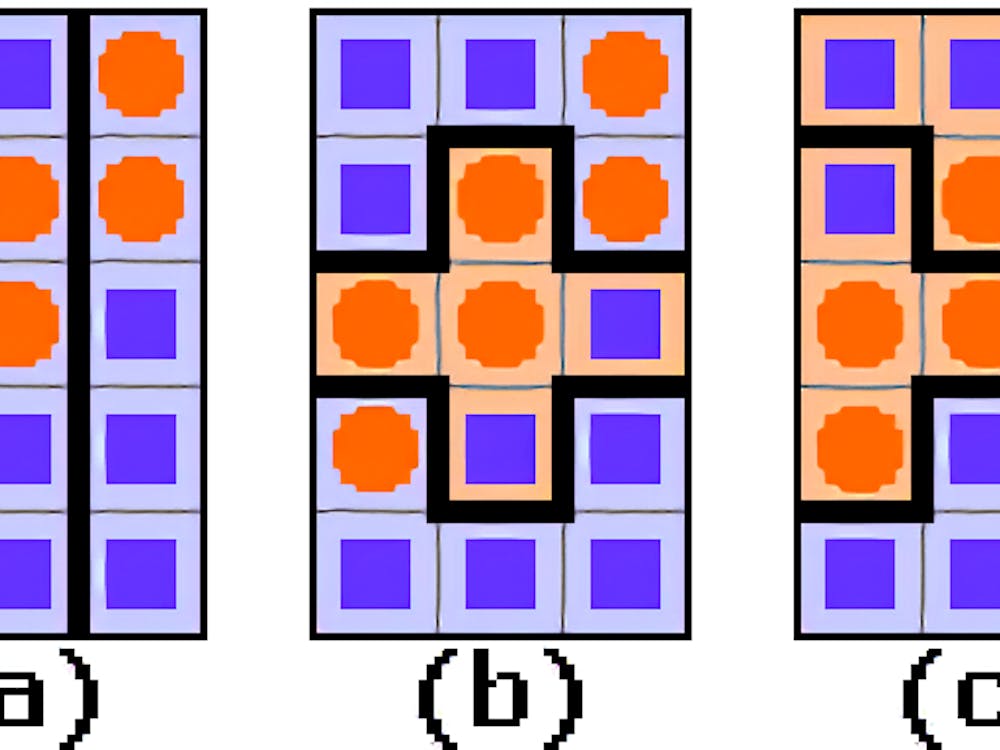While U.S. foreign policy media attention has been focused on the recent conflict in Israel and the appointment of the next Secretary of State, it is only a matter of time before the eyes of the current administration refocus back onto Iran and its supposed nuclear program. Although major policy proposals in the U.S. government concerning Iran have remained virtually the same with camps split between sanctions and preemptive strikes, a past prescriptive plan has been resurrected by journalists and states with the intention of providing a peaceful method of promoting nuclear security.
Dubbed the Nuclear Weapons Free Zone in the Middle East, the treaty, originally proposed by Iran and Egypt in 1974, called for a prohibition on the possession, acquisition, testing and manufacturing of nuclear weapons. Further, the zone would mandate complete compliance with the international community’s verification standards. The proposal ultimately did not hold due to opposition by Israel, which feared that it would have to reveal and destroy its nuclear arsenal.
There are a number of advantages that a Nuclear Free Zone would have in maintaining security in the Middle East. First, the establishment of such a zone would further entrench the anti-nuclear norms established in the NPT. If all states in the region were to agree to the proposal, there would be a massive disincentive to breach the agreement out of fear of both regional and global retaliation that would be intensified and more focused with the expansion of the anti-nuclear norms established in the Non-Proliferation Treaty (NPT).
Second, if states in this zone were to abide by the regulations set forth, it would be incredibly easy for the international community to be aware of nascent nuclear programs with dual-use technology and punish the perpetrating states accordingly.
Finally, and most obviously, a commitment by Middle Eastern states to not develop nuclear weapons would simply lead to a higher level of security and a diminished foreign policy paranoia that could well avoid to nuclear disaster.
Despite these idealistic advantages, I think proponents of this solution run into implementation problems that could be seen as too great in the short term.
For example, a nuclear free zone would require the state of Israel to reveal and disarm its nuclear arsenal and allow for regulatory inspection, conditions that would never be accepted by the current ruling coalition or any coalition in the near future, even though Israel would certainly fall within the purview of the U.S. nuclear umbrella.
Furthermore, many proponents of this plan believe that a dismantling of the Israeli arsenal would inspire Iran to abandon its fledgling nuclear program. This would only hold true if the nuclear program that Iran is being condemned for constructing is designed to deter Israel.
However, given some of the recent history of Iran and the Middle East – the CIA-backed overthrow of Mohammad Mosaddegh, U.S. involvement in the Iran-Iraq war, and the U.S. invasions of Afghanistan and Iraq – it seems that Iran’s nuclear program is more aimed toward the United States. In that case, there is little that can be done with the U.S. nuclear force, even its conventional force, to ever make Iran feel perfectly comfortable.
In the end, President Obama will face a difficult decision regarding action toward the Iranian state. In my opinion, the U.S. would be best to set a precedent of an economic disincentive to nuclear construction by continuing with sanctions and should work with Israel to take peaceful steps to anti-nuclear negotiation in the region.
Jacob Grunberger is a senior Political Science major from Cresskill, N.J. He is the foreign affairs columnist for The News-Letter.




